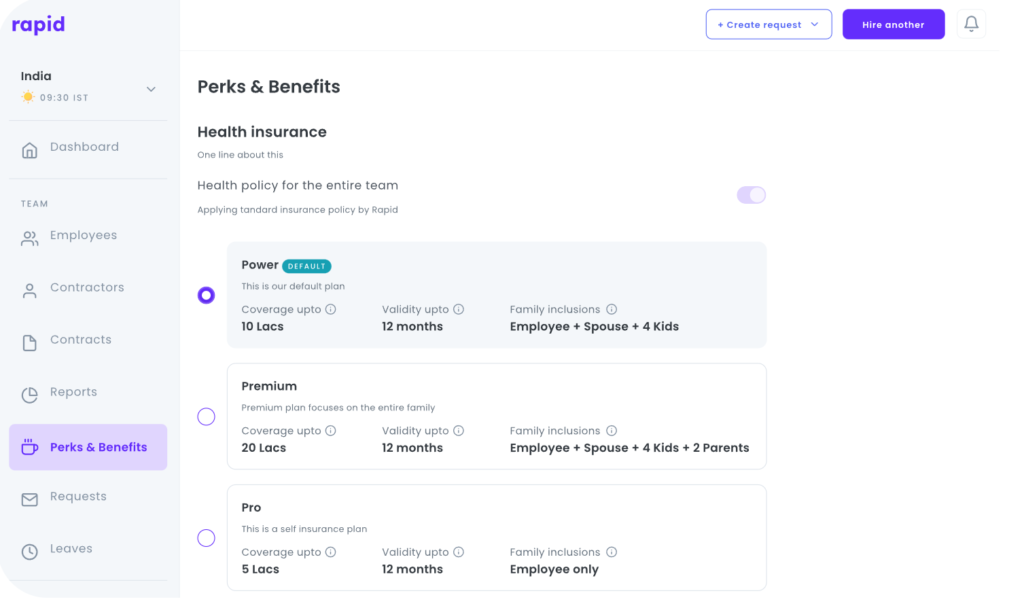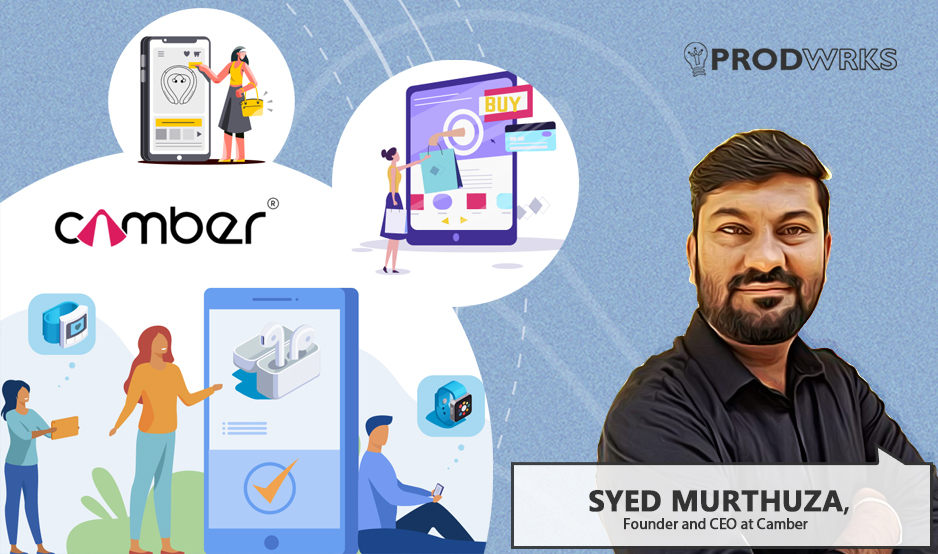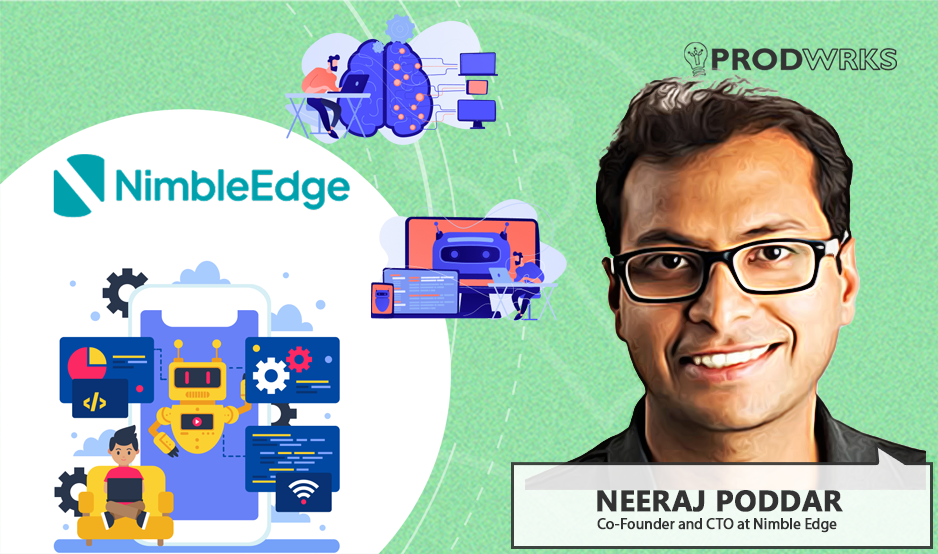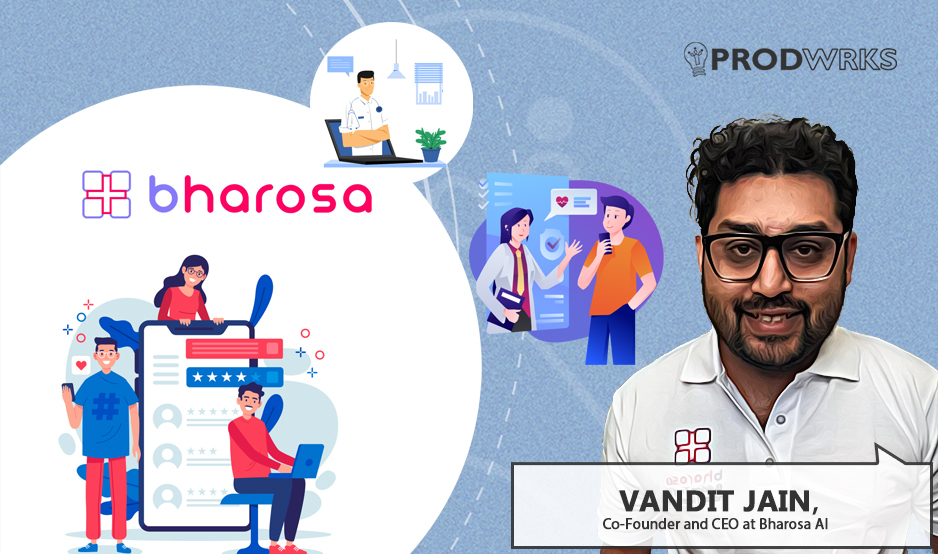
India is undoubtedly the number one back office for the world’s largest tech companies. It holds a significant chunk of the global technology talent pool. However, many startups and enterprises in the West looking to leverage human resources in India by setting up a subsidiary here hesitate to do so because of complicated regulations and red tape.
Addressing this market gap, Navin Rungta founded rapid.one. Rapid provides employer of record (EoR) services, simplifying hiring, payroll, legal, and compliance for global businesses who want to set up shop in India and leverage the country’s best tech talents.
Rapid’s business model is to hire Indian talent on behalf of global companies and circumvent compliance hurdles while giving the hired employees the same experience they would get if they were employed directly by the respective companies. Rapid’s EoR model serves as an alternative to traditional tech outsourcing models.
Just six months since launch, Rapid is already at 100K ARR, and they plan to achieve one million in ARR by December 2024. To learn more about Rapid’s rapid rise and how it leverages technology to augment its unique business model, we spoke to Navin. He shared his entrepreneurial journey with ProdWrks and shed insights into the creation of his innovative tech platform that provides EoR as a service.
Recognizing the Need for EoR as a Service
Naveen started his career as an engineer of software products at Broadcom and Nortel. He says that his early exposure to US-based product companies was instrumental in his entrepreneurial journey, founding three startups – LawGro, eLagaan, and Rapid.
His previous venture, founded in 2009, eLagaan, assisted global businesses in incorporating in India, maintaining accounts, raising funds, and solving HR requirements and compliances. His diverse clientele included YourStory, Urban Ladder, HealthifyMe, MoEngage, and several global startups. While helping international companies, Navin identified a pain point he now solves with Rapid.
Navin elaborated on the pain points, "I have worked with 2000 plus founders. If you are a global business, setting up a subsidiary in India typically takes anywhere between 6 to 18 months since the laws and regulations with this process are slow. Founders always ask me why they must wait a year to roll out the first offer letter for employees in India. So, we decided to offer EOR as a service."

Navin clarified, "On official records and regulatory procedures, Rapid is the employer, and the employees are on our payroll. But, they are practically treated as direct hires of the client company. The clients have complete management control, from employee experience and company culture to salary, perks, and benefits."
How does Rapid work?

"We went up to the extent of allowing companies to customize whatever experience they want to roll out. That is something nobody else in the world has achieved except through our product," Navin surmises.
Outsourcing vs EoR
"In traditional outsourced models, even if the employees work for projects for a large tech company like Google, they cannot claim to be an employee of Google since the project is outsourced. But in an EoR model, the employees can say that they are a Google employee and Rapid is their EoR while job hopping."
"We have worked out a way where employers can offer stock options to employees through Rapid and give them a complete experience."
Strategic Productization
Navin explains, "With eLagaan, we had been doing payroll and compliances for 15 years. I leveraged this experience for the productization of Rapid. We've worked with more than 6000 people overall in different capacities. We provide services for companies in a five-person setup to a 500-person setup. So we know what the payroll managers are supposed to do, what the employee queries are, and what the finance queries are. So, the database was already there. All this experience and knowledge helped us simplify Rapid for employees and employers."
Navin also highlighted three key ingredients in his successful productization strategy – the employer journey, the employee journey, and the legal or compliance part, which is incorporated into both aspects.
The employer’s journey is dissected into various business workflows. The platform has a clean UX, designed from scratch, simplifying everything the employer expects, from equipment purchases and office space rental workflows to HR processes.
Navin said, "From an employers' perspective, we jotted down all the activities a business does. The platform accommodates flexibility, allowing all HR processes to be handled digitally. It starts with the fundamental task of rolling out an offer letter and covers multiple levels like salary revisions, performance appraisals, leave approvals, expense filing, resignations and terminations, etc."
"Once an offer letter is rolled out, the employees get a secure link through which they are digitally onboarded. We take care of regulation compliances and checks, including background verifications, contracts, getting equipment such as laptops, etc. Even health insurance plans can be rolled out as per the client company's policy, and processes such as leaves or resignations are managed through the Rapid platform."
Building Localized Moats Against Global Competitors
During our conversation, Navin also said they strategically examined a prominent global competitor, which grew into a 12-billion-dollar company in just four years. Based on market research and competitor analysis, Navin incorporated the best practices from international EoR players into Rapid but tailored them to India.

"Our global competitors may focus on 150+ geographies, but we focus deeply only on India. We are the only EoR platform in the world that allows you to rent office space compliantly anywhere in India. The Rapid platform is hyper-focused and tailor-made to the Indian market and compliances here."
"India has certain laws. Global companies allow unlimited leaves, but according to Indian regulations, they must also demarcate a minimum number of casual leaves. Rapid's leave policy system cleverly combines the unlimited leave policies of global players with the fixed casual leaves that Indian regulations demand. It also takes care of leave carry-forwards, leave encashments, and so on and helps organizations customize leave policies according to local state regulations within the country."
GenAI and Rapid’s Plan for the Future
Navin stated, "We aim to enhance the knowledge base, leveraging GenAI to improve the employee experience. As the platform evolves, incorporating AI features will provide valuable insights into hiring trends, salaries, and market dynamics for employers and employees. It will enable all stakeholders to access information seamlessly."
"We have ongoing efforts to bring in high-quality vendors such as recruiters, office space providers, gifting partners, custom clearing agents and immigration lawyers," says Navin.
The product roadmap reflects a commitment to continual improvement, emphasizing a user-friendly approach tailored for businesses with teams ranging from one to a hundred individuals. This strategic approach reflects RapidOne’s dedication to simplicity and efficiency in addressing the unique needs of its clientele.
As RapidOne forges ahead, disrupting traditional tech outsourcing models with its innovative EoR platform, Navin Rungta envisions a future where global businesses seamlessly tap into India’s tech talent pool without the burdensome wait and regulatory hurdles.
As the founder and CEO reflects on the journey so far, he is resolute in his commitment to transforming the global employment landscape. “Our success is not just measured in revenue but in the empowerment of businesses to swiftly and effectively access top-tier talent in India,” Navin shares.



